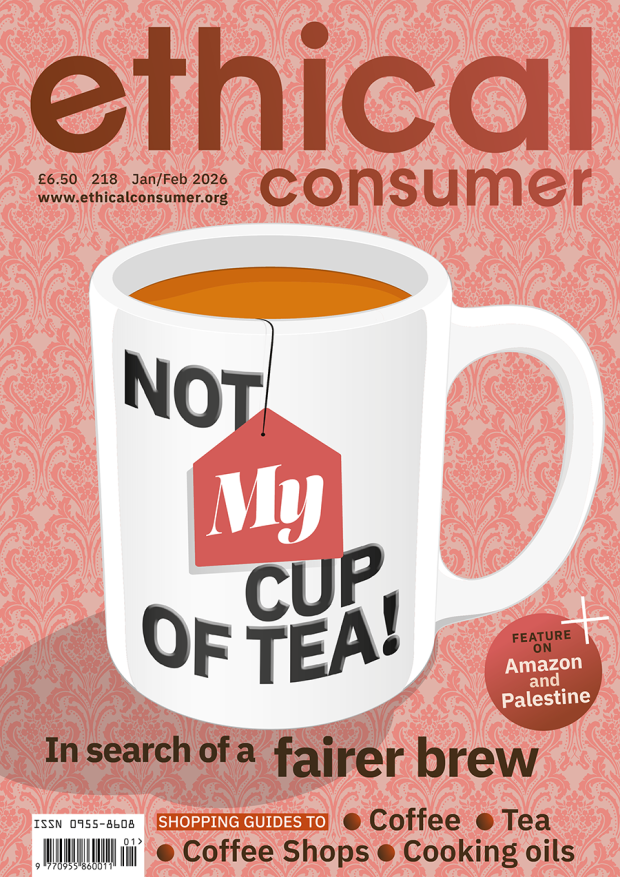How to find an ethical and sustainable cooking oil
This guide covers brands selling sunflower, vegetable, rapeseed, and sesame oil. Our separate guide to olive oil covers 15 brands of olive oil and the guide to coconut oil covers eight brands..
We discuss the environmental impact of different oils, GM and pesticide use, and look at which type of packaging is best.
Which brands are in the guide?
We've included big and well-known brands of oil such as Crisp 'n Dry, Flora, Fry Light, and Pura (three of which are owned by the same company), as well as specialist oil companies, UK oil producers, and small organic brands.
You'll find that not only is there a difference in taste between the different types of oil, there's also a big difference between the scores in this guide.
The big brands are owned by multi-national companies who generally score very poorly, and smaller and specialist brands score better.
And if you're like the majority of UK consumers and buy your oil from the supermarket, we've got some recommendations for you.





